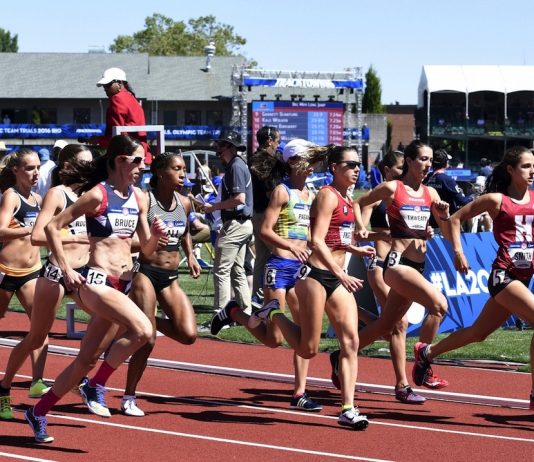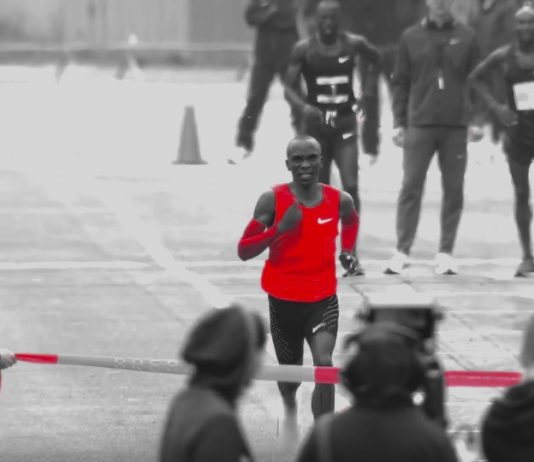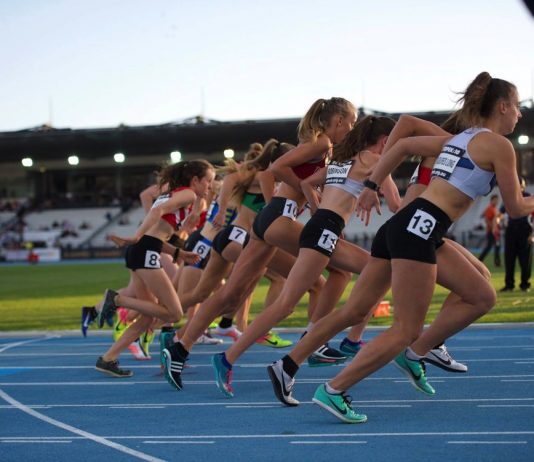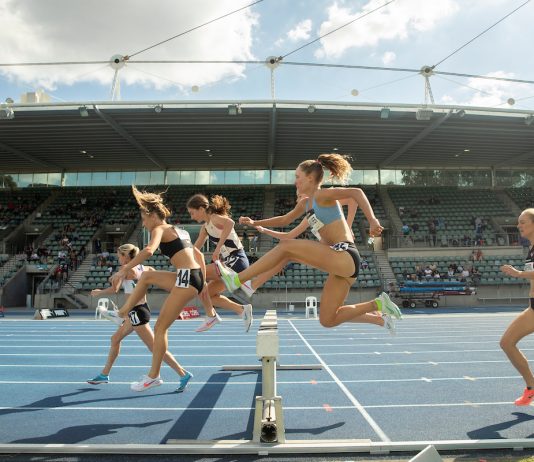Two and a half decades ago, a defining study in 1997 involving 236 age-group swimmers introduced us to the concept of athlete burnout. It unveiled a mental health disorder characterized by emotional and physical exhaustion, dwindling achievements, and a fading passion for the sport. These symptoms align remarkably well with the definition of occupational burnout. These dimensions can affect athletes to varying degrees.
Running & depression
By Steve Magness from 'The Science of Running'
http://www.scienceofrunning.com/
In high school, my coach would often laugh at the duration of my post-season breaks. It normally would constitute a day or two and then back to the mileage grind. In college, things didn’t change much as I became notorious...
Why do you run?
Written by Daniel Quin – Runner’s Tribe
A superficial answer to the question: “why do you run?” could include the well-documented physical health benefits. These include the lower incidence of heart disease, reduced rates of mortality, improved oxygen uptake, and so on. But this isn’t why...
Written by Daniel Quin – Runner’s Tribe
For obvious reasons Nike would have us believe that an integral part of Eliud Kipchoge’s 2-hour marathon performance in Monza last month was due to his shoes. More objective analysis pointed towards the pace car and huge timing clock. Others have written that...
ASICS study shows exercise has the power to sharpen even the brightest minds and improve mental performance
Runnerstribe Admin -
In a ground-breaking global study, inactive gamers who increased exercise levels sawtheir cognitive function, wellbeing and gaming performance dramatically improve.Could exercise be the key to boosting brain power?
Written by Daniel Quin – Runner’s Tribe
In Melbourne we are about to enter another Australian Football League finals series and narratives will be formed around Joel Selwood overcoming supposedly epic pain to participate. Or perhaps someone will do a Dermott Brereton and endure after a bone-crunching hit.
https://www.youtube.com/watch?v=h8X_O4ajyzE
The mythology that...
Running in all its forms offers an exhilarating and refreshing experience. You get the opportunity to feel the wind in your face and view the world in all its glory. Your physical limits are tested each time as you push yourself to carry on even when your muscles tire....
When it comes to training, are you a simplifier or an optimizer? Simplifiers look for the easiest way to get a task done, and accept that there are some costs or lost opportunities that come with their approach. Optimizers continually tweak, adjust and update their plans in order to get the best possible outcome.
MATT FITZGERALD – Runner’s Tribe
Matt Fitzgerald is an acclaimed endurance sports coach, nutritionist, and author. His many books include The Endurance Diet, 80/20 Running, and How Bad Do You Want It?
The best teacher I ever had was Mark Gould, a sociology professor at Haverford College. I’ll never forget the first meeting of...
By Daniel Quin – Runner’s Tribe
There is a certain comfort in doing something when injured. Most athletes are familiar with ice, tape, therabands, strengthening exercises, balance plates, water-running belts, and I even have a repurposed dogball. Each of these tools help to provide structure for rehabilitation and a physiotherapist...











